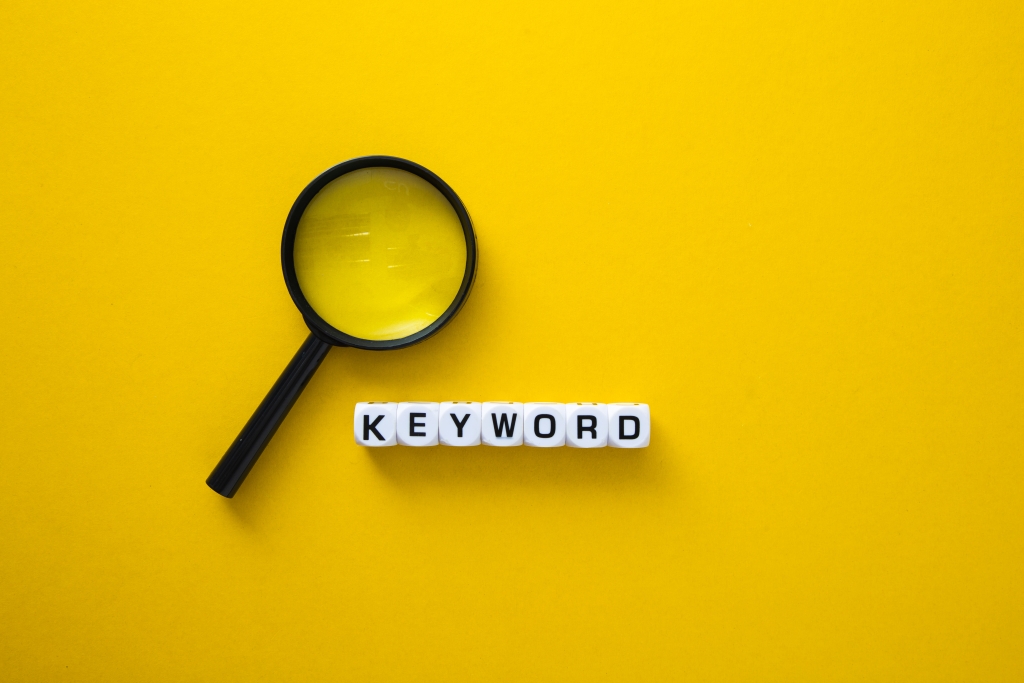IMPROVE YOUR SEARCH ENGINE RANKING
How to Improve Your Search Engine Ranking
 Search engine
Search engineHere are some additional tips to help you improve your search engine ranking:
- Optimize your website’s loading speed: A slow loading website can have a negative impact on your search ranking. Ensure your website is enhanced for fast loading times by compressing images, minimizing code, and using a content delivery network (CDN).
- Use pertinent keywords: Make sure to use keywords that are relevant to your content and match the user’s search queries. Keyword stuffing, or overusing keywords, can hurt your ranking, so make sure to use them naturally.
- Build high-quality backlinks: Backlinks from reputable websites can improve your search engine ranking. Reach out to relevant websites to collaborate on content.
- Use social media: Social media can improve your search engine ranking. Share your content on social media platforms and engage with your followers to increase visibility.
- Monitor your analytics: Use different tools like Google Analytics to monitor your website’s traffic and identify areas for improvement. Analyzing data can help you make informed choices to improve your search engine ranking.
Publish relevant content
When it comes to publishing content, it is important to ensure that it is relevant to your target audience. Here are some tips to help you publish content that resonates with your audience:
- Focus on quality: Your content should be of high quality to be relevant. Ensure your content is well-researched, informative, and engaging. Use visuals, such as images and videos, to make your content more appealing.
- Stay up-to-date: Keep your content recent with the latest industry trends and news. This will help you maintain relevance and position yourself as a thought leader in your industry.
- Use keywords: This will help you reach more individuals and improve the relevance of your content.
By following these tips, you can publish content that relates to your target audience and helps you achieve your marketing goals.
Metadata
 metadata
metadataMetadata is a crucial element in any digital content. It provides important information about the content, such as the author, date created, date modified, and other relevant details. With metadata, users can easily find, organize, and manage digital content. Here are some additional points to consider in relation to metadata:
- Metadata can be embedded in different file formats, such as images, videos, and documents.
- The different types of metadata include descriptive metadata, structural metadata, administrative metadata, and preservation metadata.
- Descriptive metadata provides information about the content, such as title, author, subject, and keywords.
- Structural metadata describes the organization and relationships between different parts of the content, such as chapters, sections, and pages.
- Administrative metadata includes details about how the content was created, who has access to it, and any usage restrictions.
- Preservation metadata is used to ensure that the content is preserved over time, including information about file formats, migration strategies, and authenticity.
Title Metadata
It seems like you are starting to work on some metadata for a title. Here are some points that might be relevant to you:
- Title metadata is an important aspect of SEO (Search Engine Optimization). This means that it can help your content rank higher in search engines.
- When it comes to titles, metadata usually involves things like the title tag, which is the HTML element that appears in the header of a webpage. This tag is important because it tells search engines what the page is about.
- Some best practices for title metadata include making sure that the title is relevant to the content on the page, using keywords that people might search for, and keeping the title short and snappy (ideally under 60 characters).
- It’s also a good idea to make sure that your title metadata is unique across all of your pages. This can help avoid confusion and make it simpler for search engines to understand what each page is about.
Description Metadata
 Description Metadata
Description MetadataIt seems like you are working on adding metadata to a description. Metadata is information that provides context and details about a piece of content and can be used to help search engines, databases and other tools understand what the content is about. Here are some points to consider when working with description metadata:
- Description metadata should accurately reflect the content of the page or document it is describing.
- It should include relevant keywords that users might use to search for the content.
- The metadata should be concise and to the point, ideally no more than a few sentences.
- It should be written in clear and understandable language that is accessible to all users.
- Description metadata can be added to web pages, images, videos, and other types of content.
- It is important to keep the metadata up to date as the content changes over time.
By adding accurate and relevant metadata to your content, you can help users find what they are looking for more easily and improve the visibility of your content in search results.
Keyword Metadata
Keyword metadata is an important element in optimizing web content for search engines. It involves adding relevant keywords, tags, and descriptions to a web page’s HTML code to help search engines understand the page’s content and rank it for relevant search queries. Here are some important points to keep in mind when working with keyword metadata:
- Choose relevant keywords that accurately reflect the content of the page.
- Use variations of the keywords to avoid keyword stuffing and to make the page’s content more natural and readable.
- Don’t overdo it with the number of keywords. This can actually harm the page’s ranking and make it appear spammy.
- Using meta tags can help entice users to click on the page when it emerges in search results.
- Regularly review and update your keyword metadata to ensure that it remains relevant and effective.
Have a link-worthy site
To have a link-worthy site means that other websites and online platforms will want to link back to your website, which can improve your website’s search engine ranking. Here are some tips to make your site more link-worthy:
- Create original content.
- Use images to make your content engaging.
- Make sure your website is easy to navigate and user-friendly.
- Optimize your website for search engines by using relevant keywords and meta descriptions.
- Build relationships with other websites and online influencers in your industry to increase your chances of being linked to.
By implementing these strategies, you can make your website more attractive to others and increase your chances of obtaining valuable backlinks.
Use Alt Tags
 Web Design with Alt Tags
Web Design with Alt TagsAlt tags, known as alternative text descriptions, are an important aspect of web design. They provide a text-based description of an image on a webpage, which can be read by screen readers for visually impaired users or in situations where the image cannot be displayed. Adding alt tags to images on your website can improve accessibility and make your content more inclusive. Additionally, alt tags can also improve your website’s SEO by providing search engines with more information about the content on your page. We have some tips for using alt tags constructively:
- Be descriptive and specific: Use clear, concise language to describe the content of the image. Avoid using generic phrases like “image” or “photo”.
- Keep it short: Alt tags should be no longer than a few words or a short sentence.
- Use keywords: Include relevant keywords in your alt tags to help search engines understand the content of your page.
- Don’t stuff keywords: Avoid overusing keywords in your alt tags, as this can be seen as spammy and may harm your SEO.
- Use alt tags for decorative images: If an image is purely decorative and doesn’t add any meaningful content to the page, use an empty alt tag (“”) to indicate this to screen readers.
How to Improve your Search Engine RankingHow to Improve your Search Engine Ranking
How to Improve your Search Engine Ranking
How to Improve your Search Engine Ranking
How to Improve your Search Engine Ranking
How to Improve your Search Engine Ranking
How to Improve your Search Engine Ranking
How to Improve your Search Engine Ranking
How to Improve your Search Engine Ranking
How to Improve your Search Engine Ranking
How to Improve your Search Engine Ranking
How to Improve your Search Engine Ranking
How to Improve your Search Engine Ranking
How to Improve your Search Engine Ranking
How to Improve your Search Engine Ranking
How to Improve your Search Engine Ranking
How to Improve your Search Engine Ranking
How to Improve your Search Engine Ranking